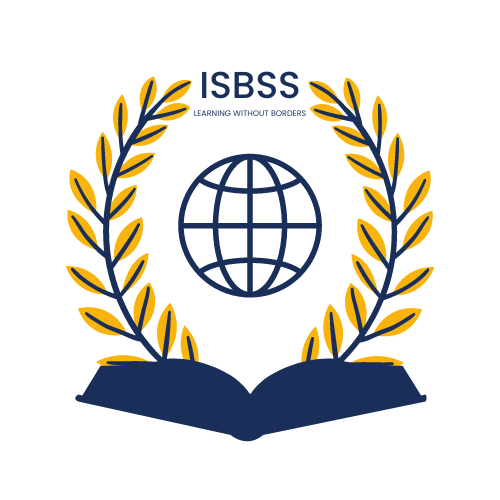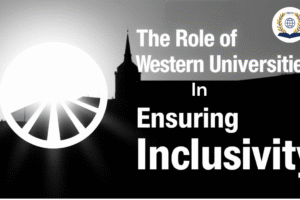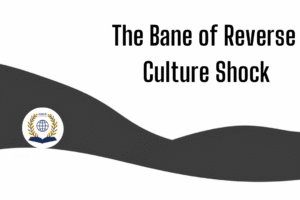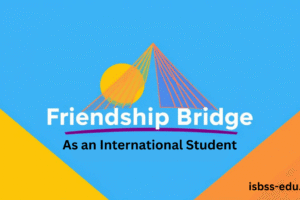
The Ripple Effect of Global Education: How Investing in Learning Drives Global Progress
Education is more than just personal development—it has a profound ripple effect that influences economies, innovation, and global cooperation. Investing in education transforms societies, fosters economic growth, and drives social equity. In this blog, we explore how expanding global access to quality education creates waves of progress that benefit the entire world.
Education as a Catalyst for Economic Growth
Education is a powerful driver of economic prosperity. According to the World Bank, improving the quality of education can boost national GDP, foster innovation, and create a skilled workforce to meet future demands. Countries that prioritize education consistently experience better economic outcomes and increased productivity.
Take Finland, for example—its globally admired education system produces highly skilled workers in technology, engineering, and other high-demand sectors, contributing to a thriving economy. Conversely, regions where education is underfunded, such as parts of Sub-Saharan Africa, often face economic stagnation due to a lack of a well-trained workforce. By investing in education, countries can break cycles of poverty and drive sustainable economic growth.
The Power of Educated Entrepreneurs
Education fuels entrepreneurship, enabling individuals to innovate, create jobs, and drive economic progress. Emerging markets, in particular, benefit from well-educated entrepreneurs who develop solutions to local and global challenges.
For instance, in India and Nigeria, tech startups have flourished thanks to improved access to education. Companies like Flipkart in India and Interswitch in Nigeria showcase how education and entrepreneurship can transform economies. Across Africa, Southeast Asia, and Latin America, education is equipping individuals with the skills to build globally competitive businesses, ultimately strengthening national and regional economies.
Reducing Inequality: A Path to Sustainable Development
Education is one of the most effective tools for reducing inequality. Regardless of gender, socioeconomic status, or background, everyone deserves access to quality education. Yet, in many parts of the world, barriers still exist.
Organizations like the Global Partnership for Education (GPE) are working to close this gap, particularly for girls in South Asia and Sub-Saharan Africa, who have historically been excluded from schooling. Studies show that when women receive an education, they reinvest in their families, lead healthier lives, and contribute to economic development. The ripple effect of educating women extends to entire communities, driving long-term social and economic progress.
Fostering Global Cooperation and Peace
Beyond economic benefits, education promotes global cooperation and peace. When students learn about international relations, history, and cultural diversity, they become more likely to engage in meaningful dialogue and collaborative problem-solving, reducing global conflicts.
Programs like international student exchanges help break down cultural barriers and create a network of global citizens committed to fostering diplomacy and mutual understanding. By educating future leaders on cooperation and shared global challenges, we can work towards a more peaceful and interconnected world.
Conclusion
The ripple effect of global education is undeniable. From driving economic growth to reducing inequality and fostering international peace, education is a fundamental pillar of progress. By continuing to invest in quality education and ensuring accessibility for all, we create a more interconnected, prosperous, and harmonious world.
The future belongs to the next generation. Providing them with knowledge, skills, and opportunities is the best way to ensure a brighter tomorrow. Let’s recognize the power of global education—its impact can truly change the world.
Sources:
Tag:Access to quality education, Crise de l'éducation mondiale, economic growth, educate africa, educate asia, educate europe, education, Education and economic growth, global education, global progress, Inégalités éducatives, learning without borders, online college, online learning, online university in the US




1 Comment
Practical advice, always appreciate posts that simplify the process! A free resource on Amazon launch strategies (including sourcing and avoiding common errors) could add value to readers. This may help many people.